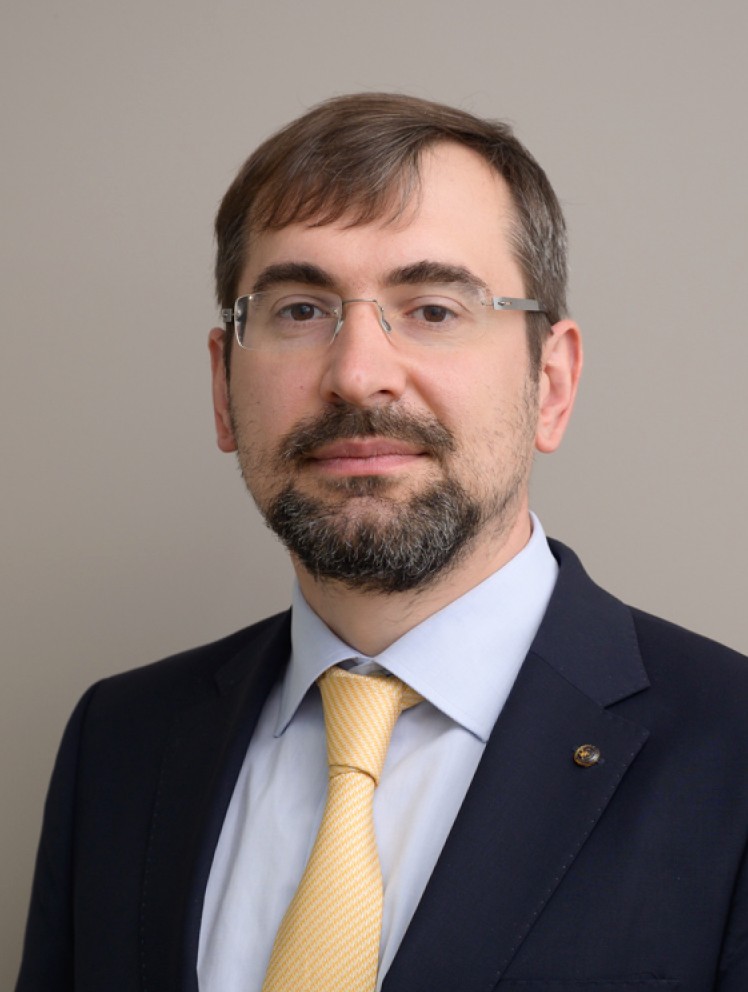Arthur Zurabyan, of ART DE LEX, assessed the prospects of Lukoil and Total resuming cooperation in the Bazhenov Shale area
The general director of Total in Russia, Jacques de Buasseqon, told Vedomosti that “we have an agreement with LUKOIL that allows our joint venture project in the Bazhenov Shale to resume, under certain conditions, for a period of three years, assuming that the sanctions no longer stand in the way.” A representative of Lukoil confirmed the statement. The period during which Total will have the right to return, if necessary, may be extended, he said. Vagit Alekperov, the president of LUKOIL, confirmed Total’s ability to return to the project after the lifting of sanctions, but he did not specify details.
Lukoil and Total signed an agreement last May to establish a joint venture to explore and process stranded oil from Bazhenov Shale. Total’s share was to be 49 percent, and Lukoil was to have 51 percent. The joint venture was to evaluate the technical feasibility of developing four license areas in the Khanty-Mansi Autonomous District. In 2014, the partners planned to conduct seismic work, and in 2015 they were to do exploratory drilling.
Last year, after the expansion of sanctions against Russia, which banned foreign companies from working on the Russian shelf and participating in the production of shale oil, the joint venture ceased. “The joint venture with LUKOIL is definitely stopped,” the head of Total, Christophe de Margerie, told the Financial Times in September 2014, “but it had not started anyway, so it has no impact [on Total].”
A month ago, Alekperov told reporters that Lukoil plans to compensate Total for costs that it incurred in the acquisition of licenses for the joint venture. Interfax quoted him as stating that “we have agreed that they will receive compensation for their costs, and we will continue to work on our own.”
Total stated, in its quarterly report in April, that, as part of sanctions restrictions, Total received permission from the French authorities to work in Russia on only three projects: Yamal LNG, Kharyaga PSA, and Termokarstovoye Fields (where Total has 49 percent and Novatek owns 51 percent).
“The deal between LUKOIL and Total can be structured in the form of an option, with Lukoil providing partners shares or stakes in the project company,” according to a partner of Nektorov, Saveliev & Partners, Marat Davletbaev. As a rule, such agreements contain restrictions on the sale of the shares of the project company to a third party. If Lukoil wants to attract another partner during the term of the option, it will have to ask Total’s permission. In addition, the agreement may provide Total with preferential rights to purchase a share of Lukoil, if Lukoil wants to sell.
